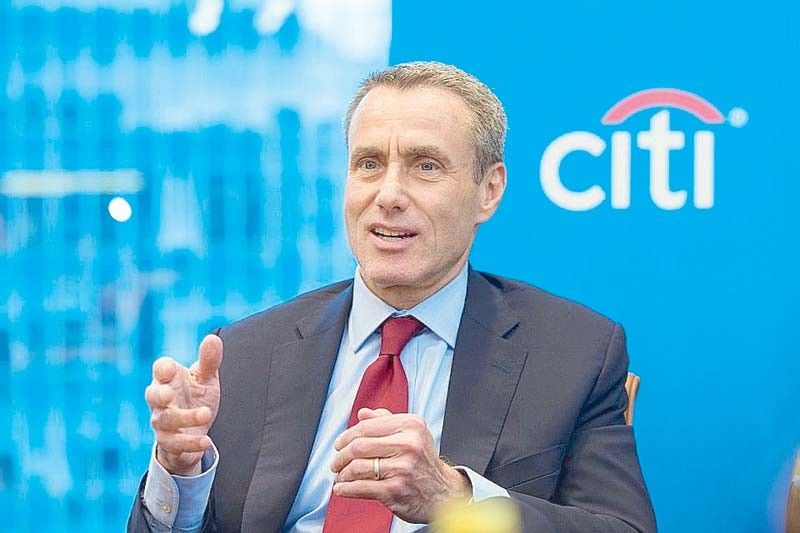Citi: Philippines still an attractive market for banking business

MANILA, Philippines — Global banking giant Citi said the Philippines has been playing an increasingly important role, both regionally and globally, amid its robust economic expansion.
Citi Asia Pacific CEO Peter Babej said in an interview with The STAR that the strong dynamics of the Philippines would continue to attract further incremental investments from its global clients.
“When you look at headline numbers there are not a lot of countries growing at a six percent real rate,” Babej told The STAR during his recent visit to Manila.
The gross domestic product (GDP) growth of the Philippines further picked up to 7.6 percent last year, the fastest since 1976, as the economy further reopened with the lifting of strict COVID-19 quarantine and lockdown protocols.
Despite headwinds brought about by elevated inflation and high interest rates, the Philippines booked a GDP growth of 6.4 percent in the first quarter of the year, better than the market expectation of 6.1 percent.
“With more than 100 million people, that puts it in the top 15 globally by population,” Babej said.
With its 120-year presence in the Philippines, Citi aims to bring more of bank’s clients to country and help more local companies grow overseas.
During his recent visit, Babej highlighted key macro points that speak to the market opportunity for the bank and its clients where it is already the largest international bank in terms of asset base, with over 7,000 staff.
Alongside the macro and economic bright spots, Babej added that the country was well positioned globally in that it was navigating a difficult geopolitical environment.
“As a global bank we are focused on communicating this strong story to our clients not just in Asia but around the world too. Key issues that impact many markets like food and energy security will need to be further managed but it is a very attractive market for Citi and our clients,” he added.
Citi has operated in the Philippines since 1902, one of its first markets it opened for business. It’s history was built on supporting US companies in the country but as in the other 16 markets the bank operates in Asia, that has evolved into a growing local business.
“Citi’s competitive advantage is on delivering our global network across 95 markets for local companies. We also support global businesses from Manila and the Philippines will only increase further as a key market for Citi regionally and globally,” Babej said.
Citi now bank’s 90 percent of the top 20 companies in the Philippines by listed market cap and settles around $5 billion of domestic transfers daily.
Since 2020, the bank has raised over $10 billion for Philippines issuers from global capital markets, including sovereign and corporate issuers. The bank has also been the sole settlement bank of the Philippine Domestic Dollar Transfer System (PDDTS) for the past 30 years.
Last year, Citi completed the sale of its retail business to Aboitiz-led Union Bank of Philippines, part of a strategic shift globally to institutional banking and wealth management in key wealth hubs.
The proceeds of the transaction is being reinvested to support growth in higher return businesses including in the Philippines and also to return capital to the bank’s shareholders.
Babej was upbeat that the bank’s new strategy means it could grow further with its institutional clients in the country.
“We are excited about growing our franchise in the Philippines where we are seeing excellent momentum across our institutional businesses. This dynamic market plays an important role in Citi’s regional strategy, and represents a center of excellence in supporting our global network,” Babej said.
- Latest
- Trending




























